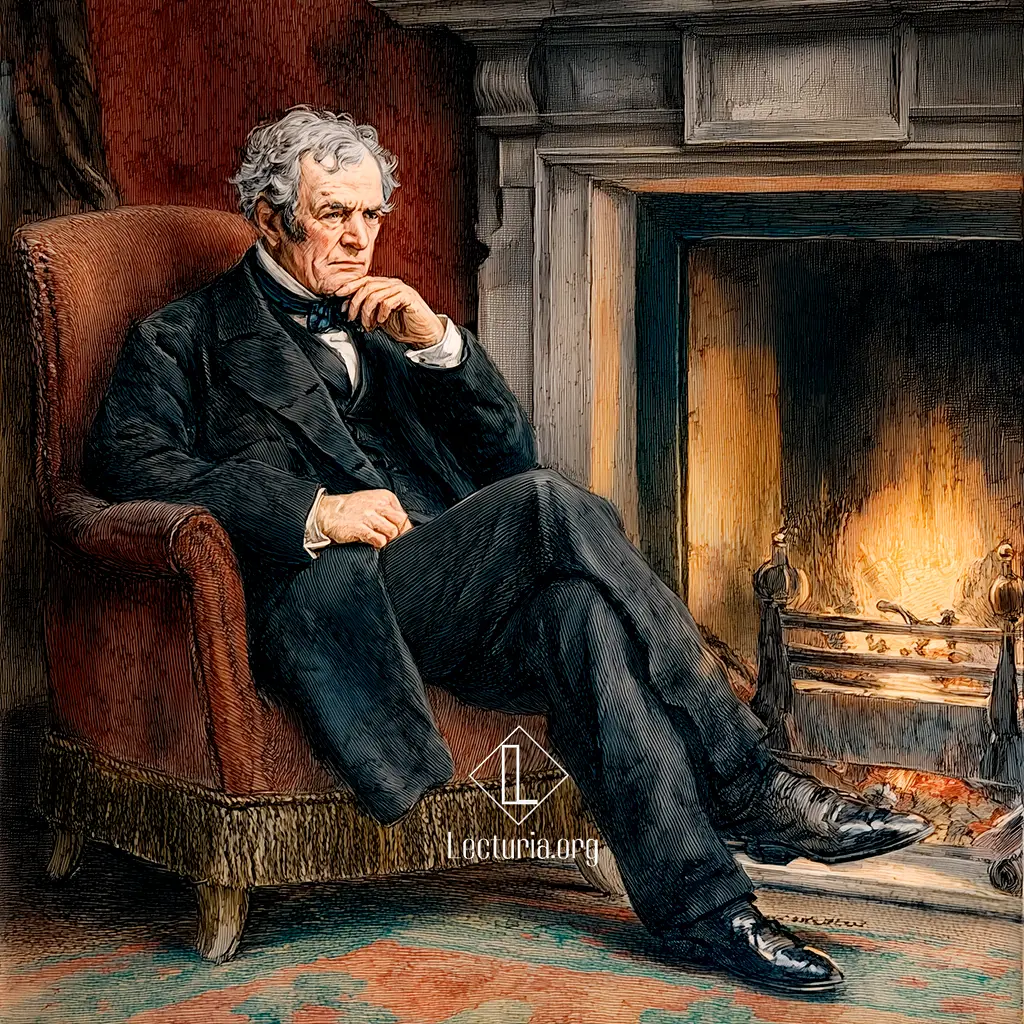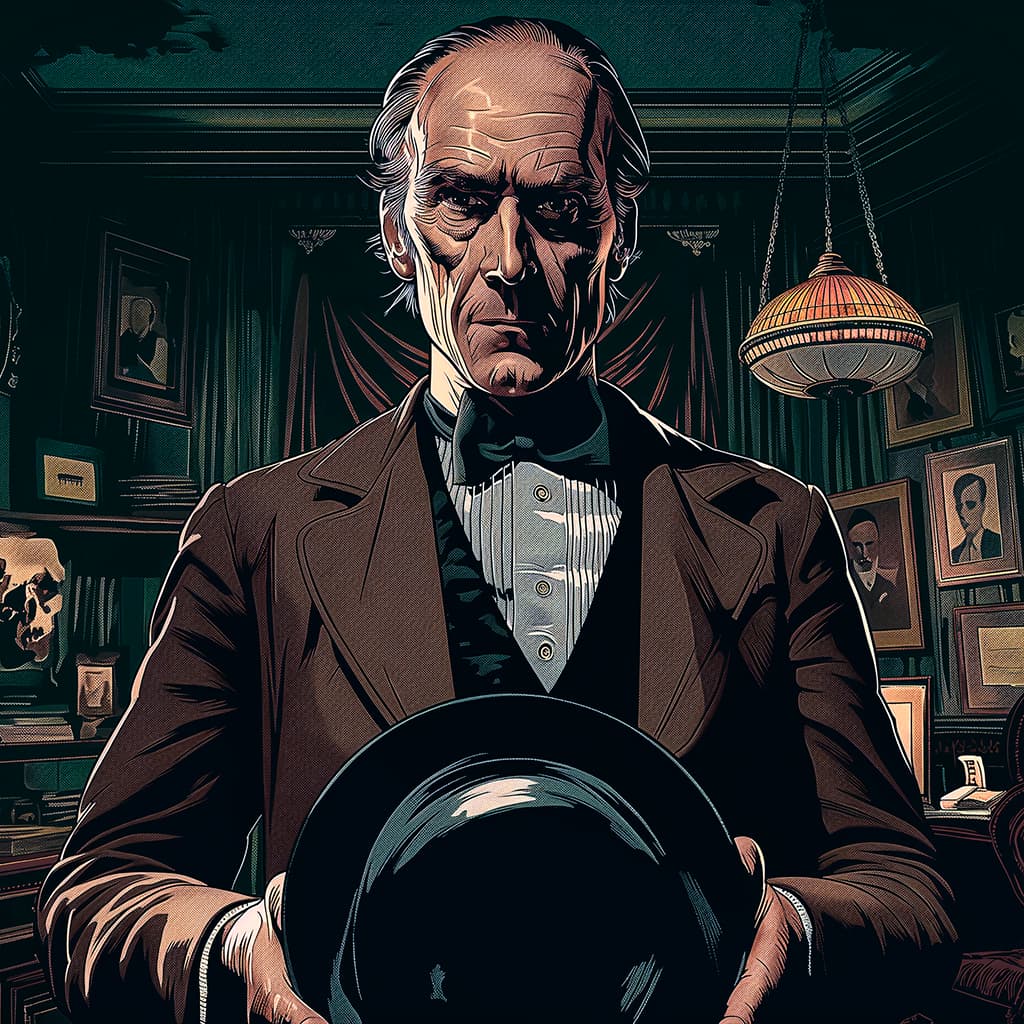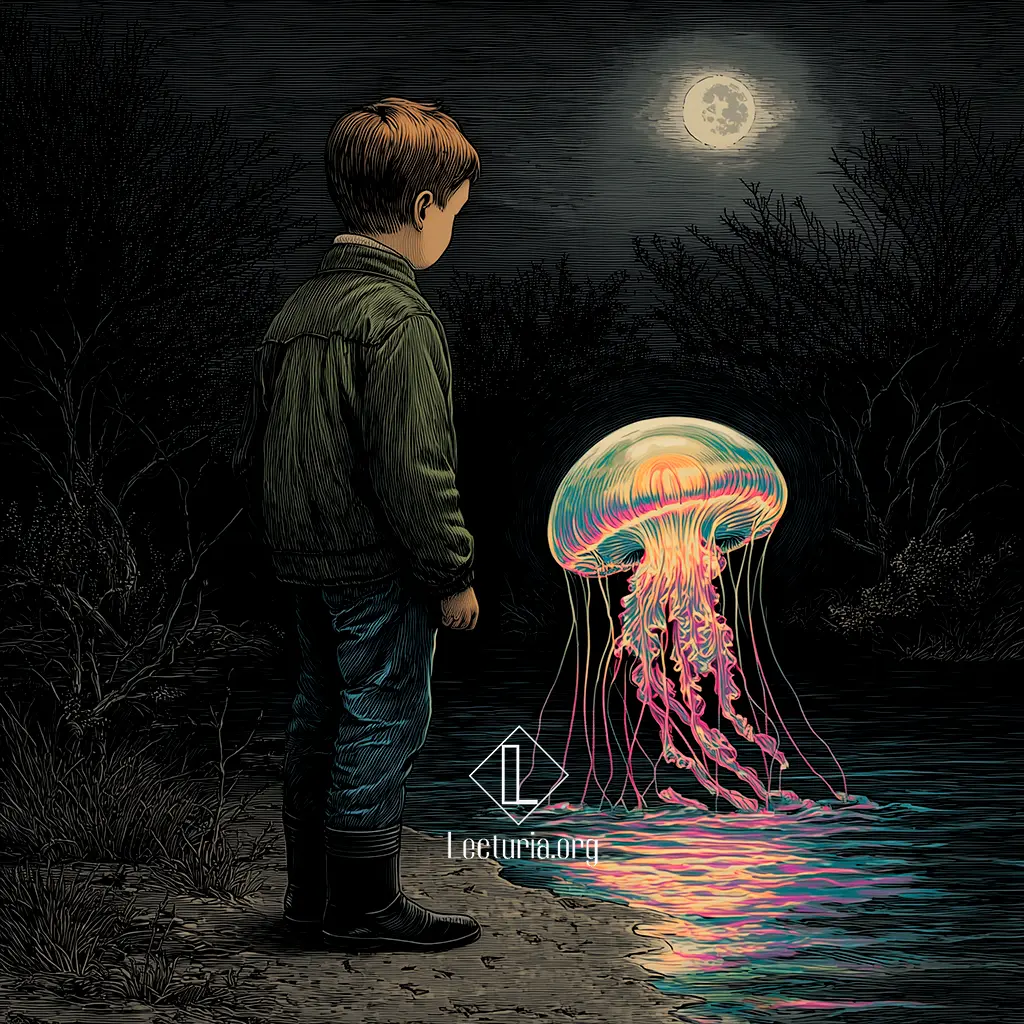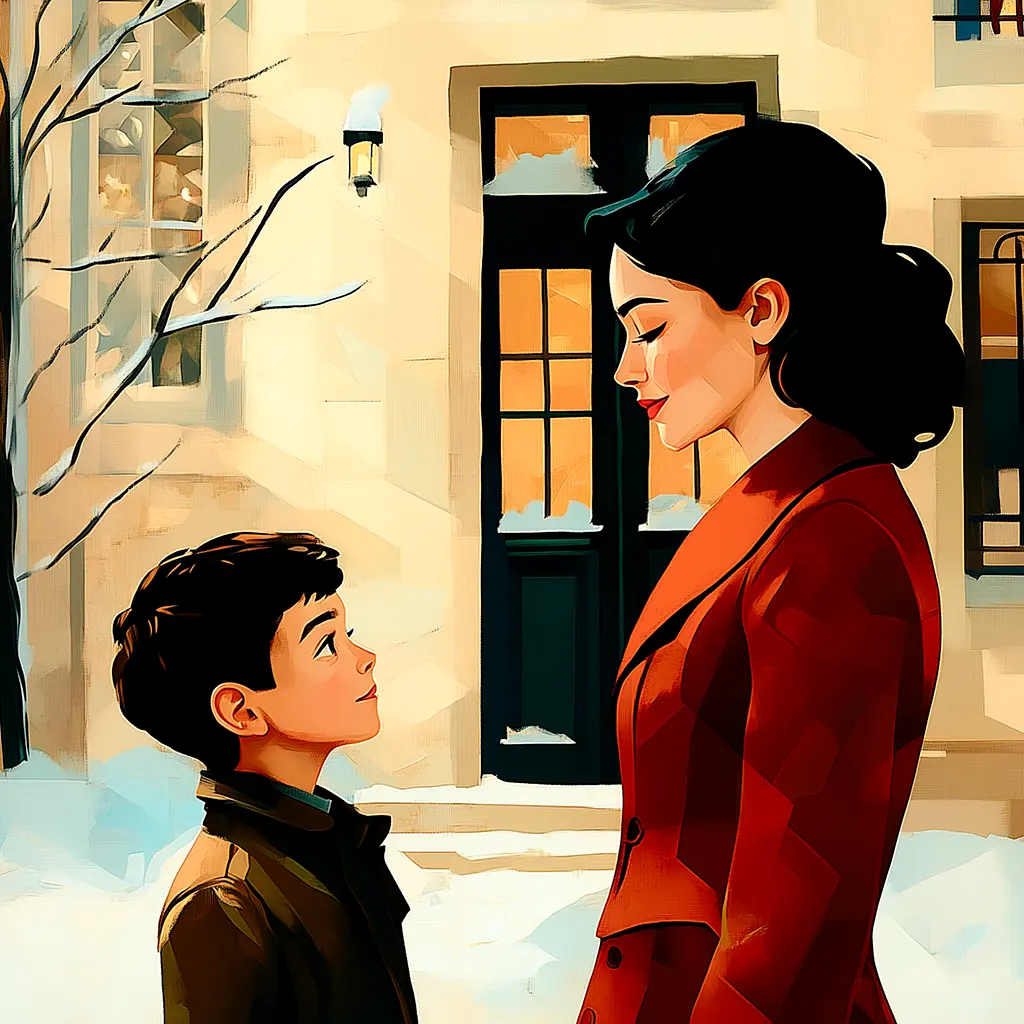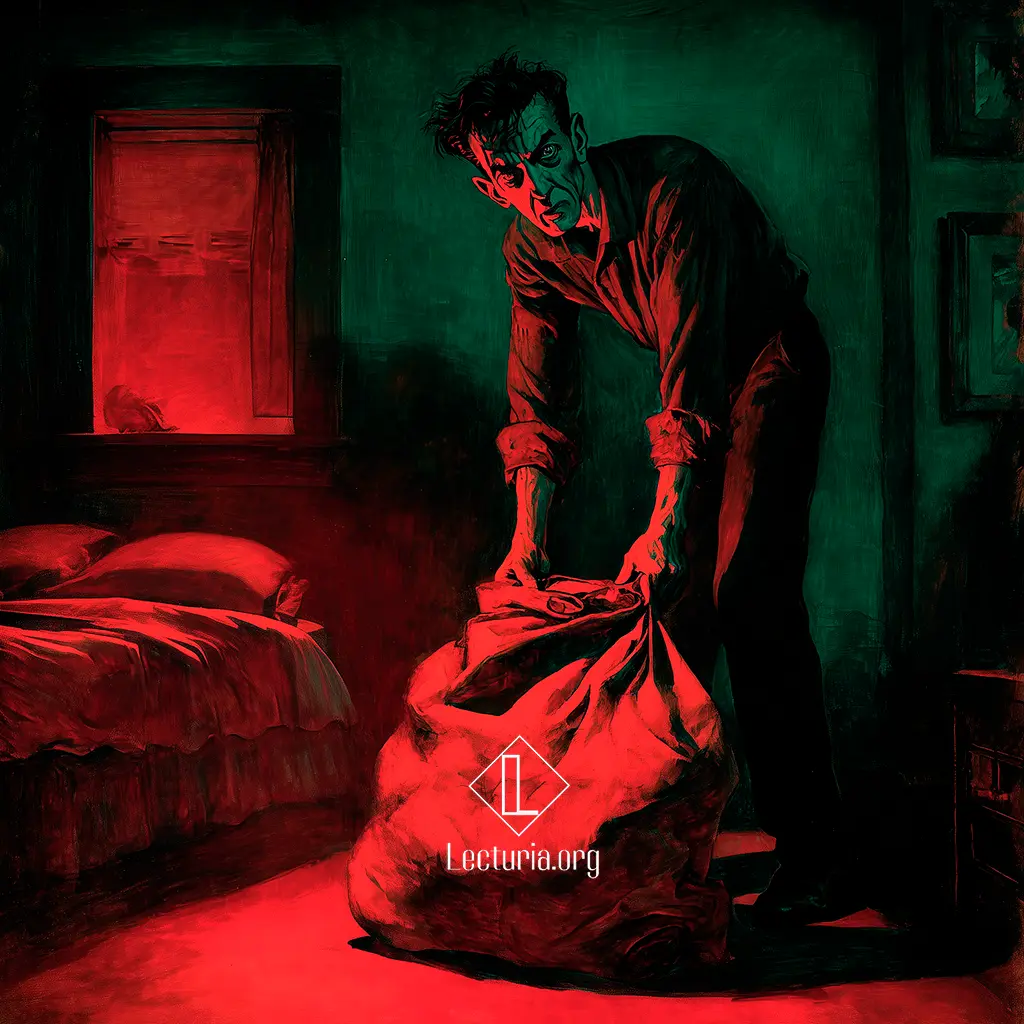Charles Dickens: The Poor Relation’s Story
“The Poor Relation’s Story” is a short story by Charles Dickens, published on December 25, 1852, in the magazine Household Words. During a family gathering, Michael—a humble, discreet man—is compelled to begin the round of Christmas tales. In a reflective tone, he opens his narration by setting out the image his family has of him: a failed relative, solitary and penniless, condemned to a drab and routine existence, whose chief enemy is himself. Yet he maintains that behind this appearance, accepted by all, there lies a story very different from the one others believe they know.
